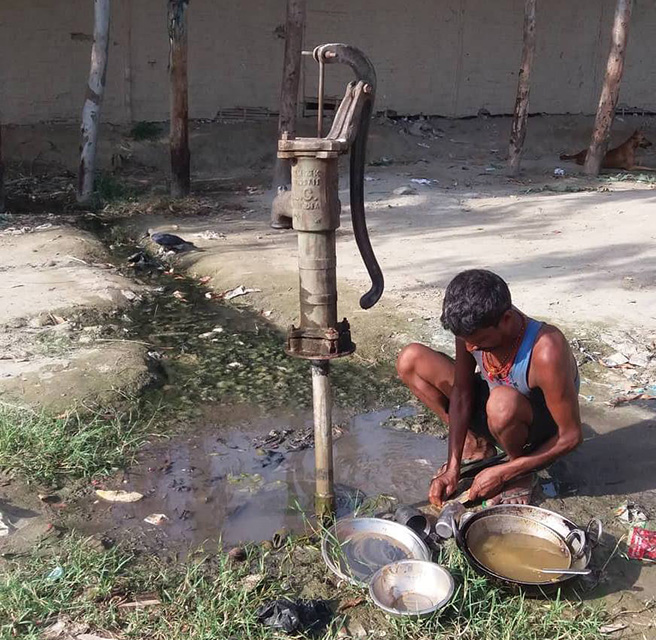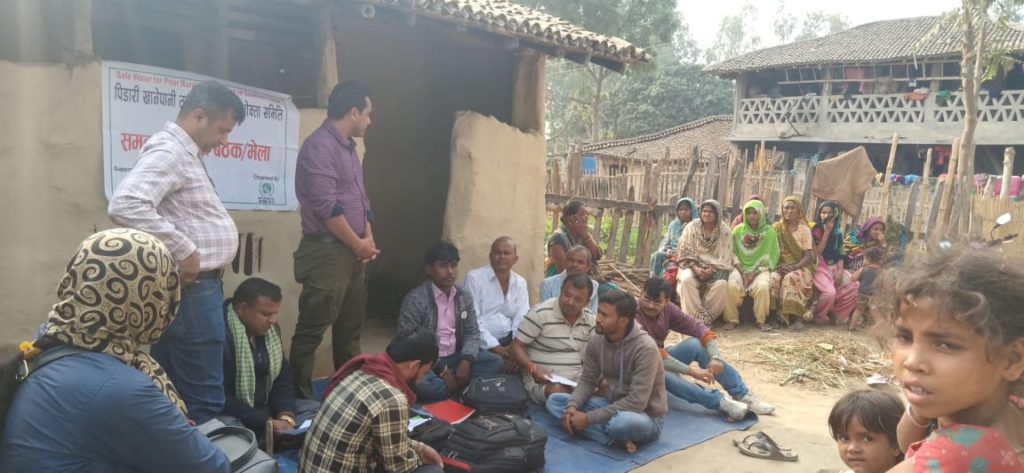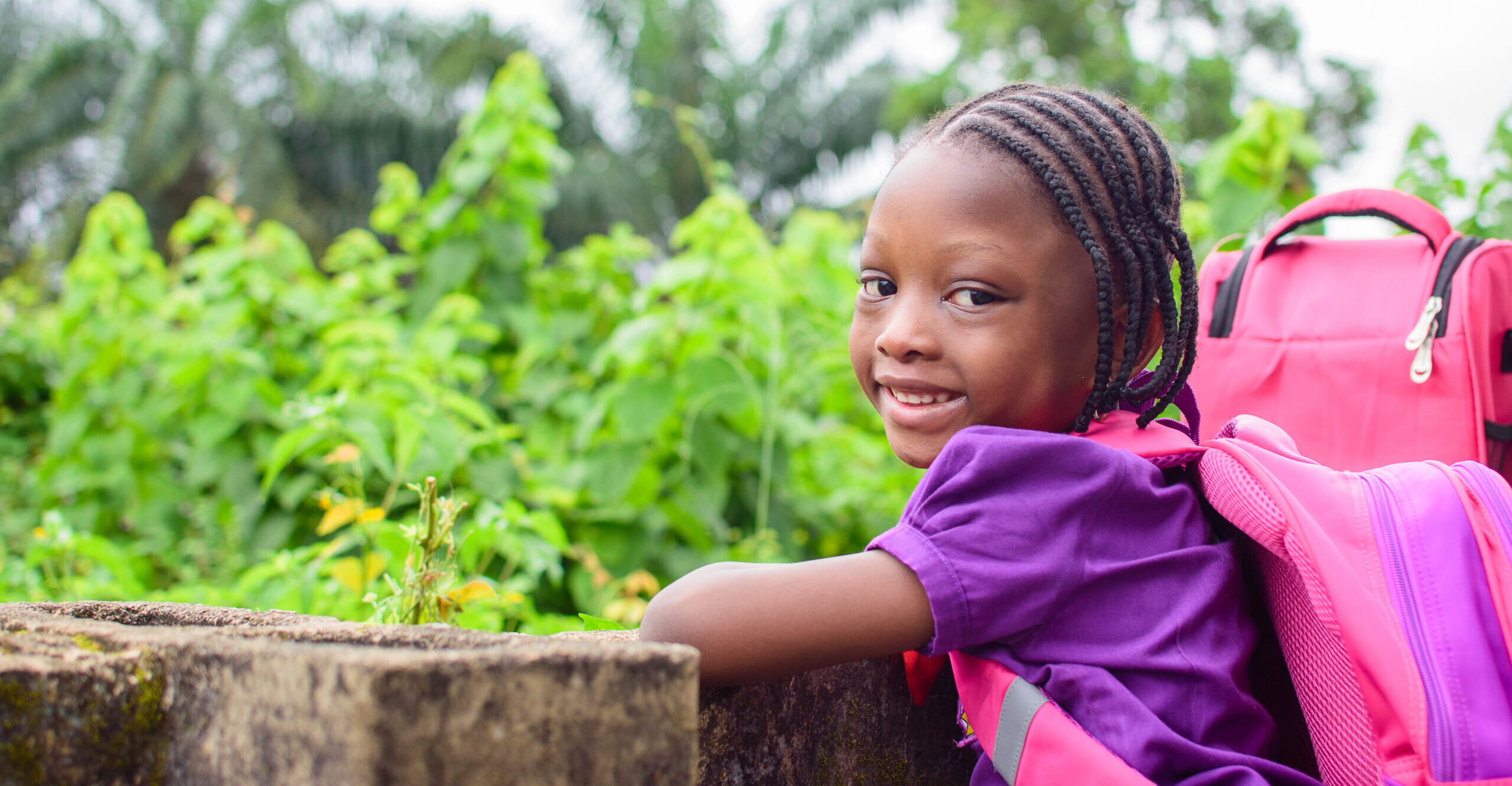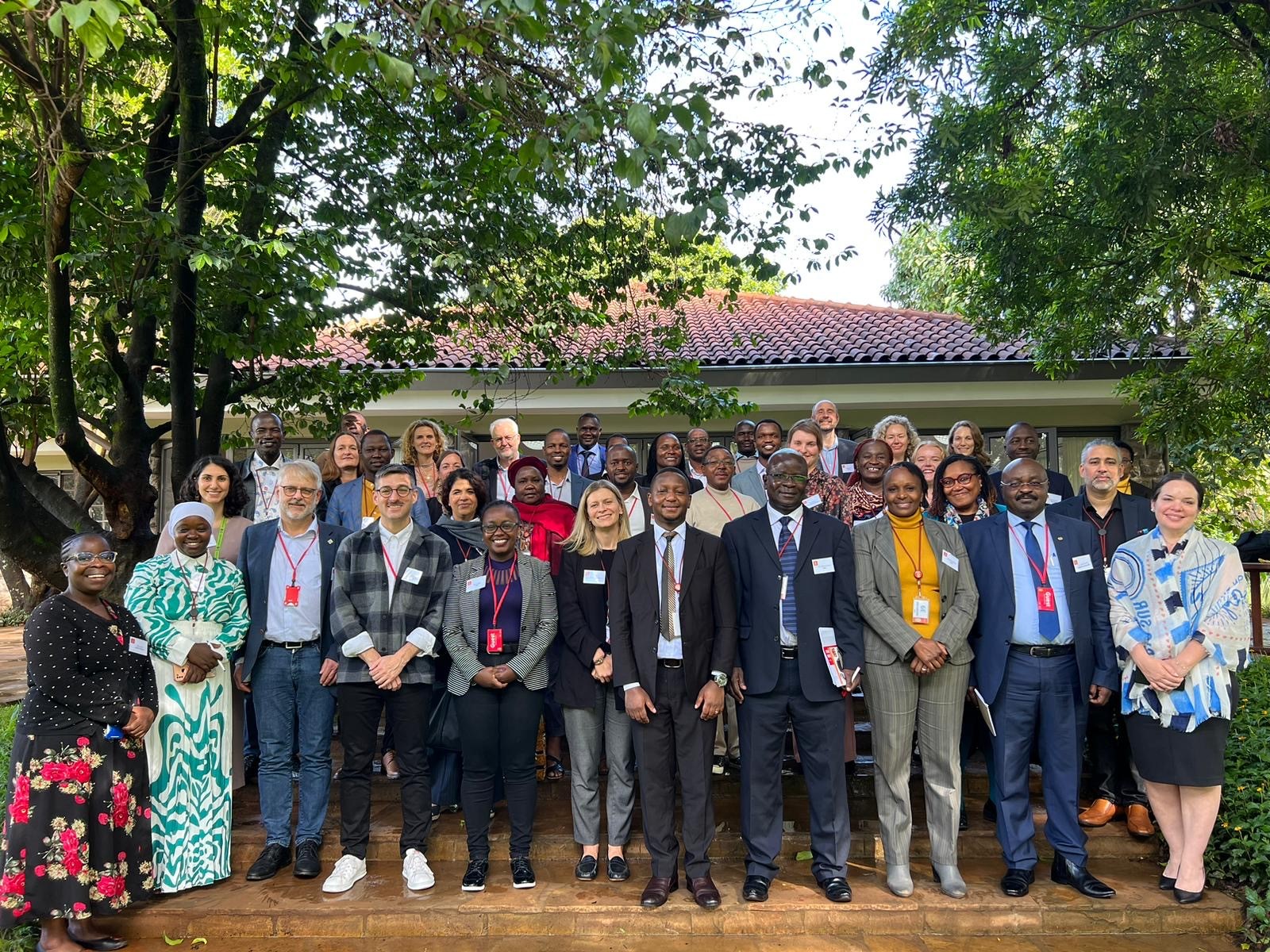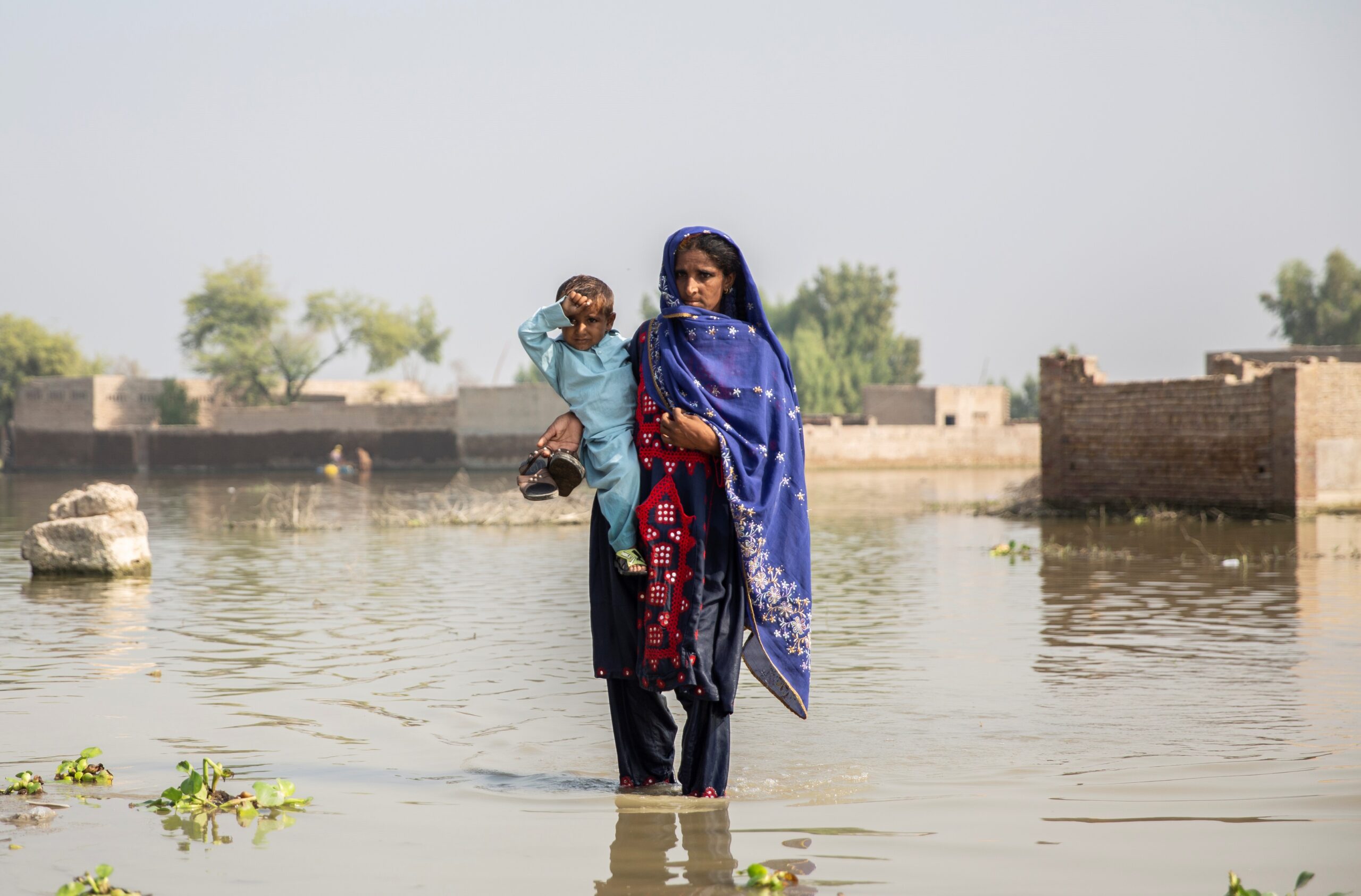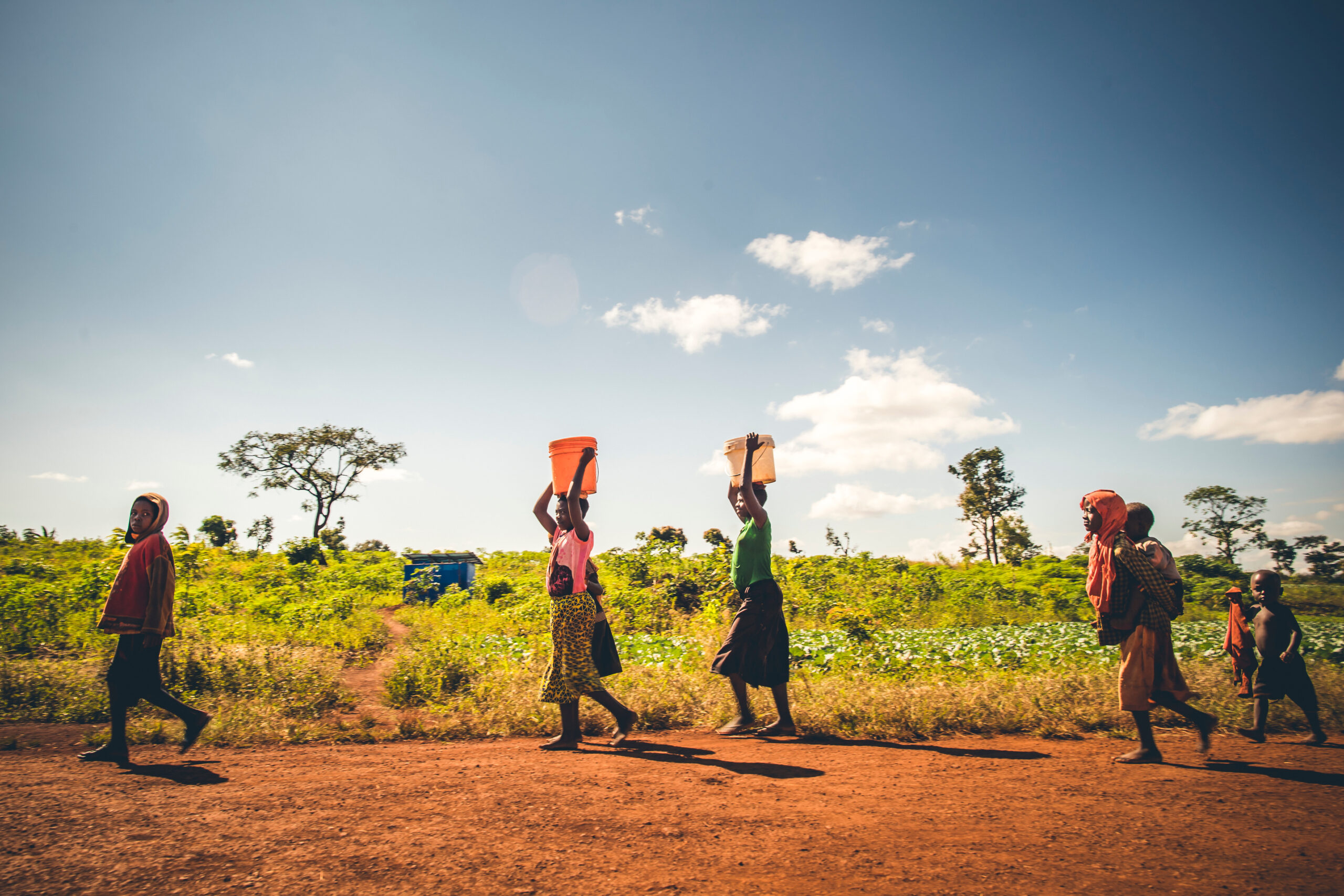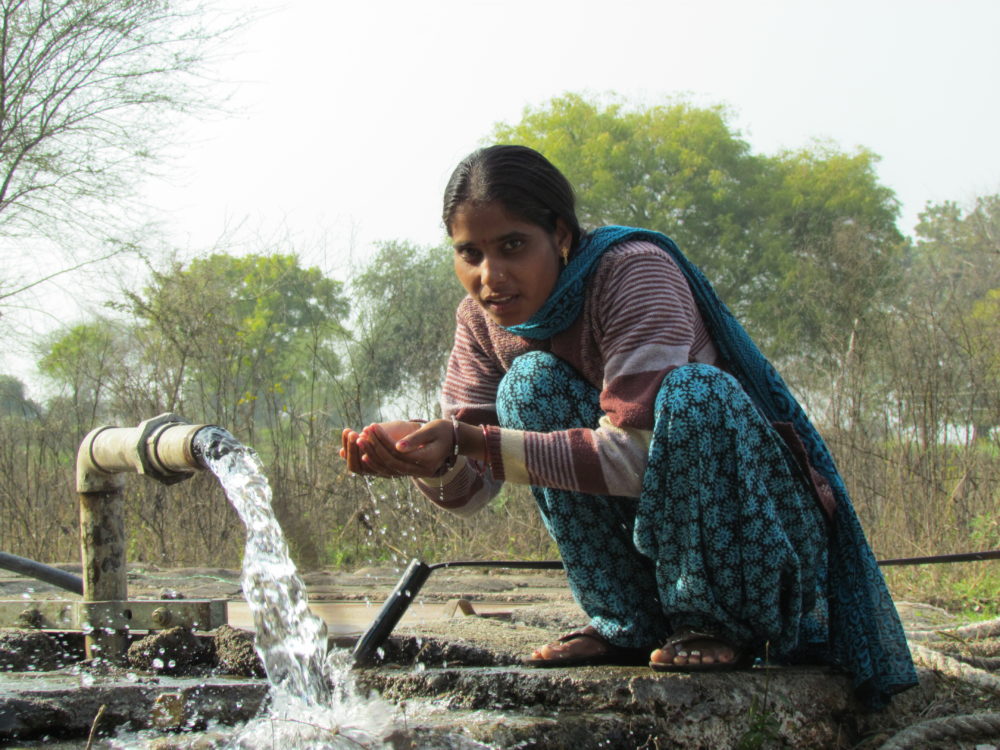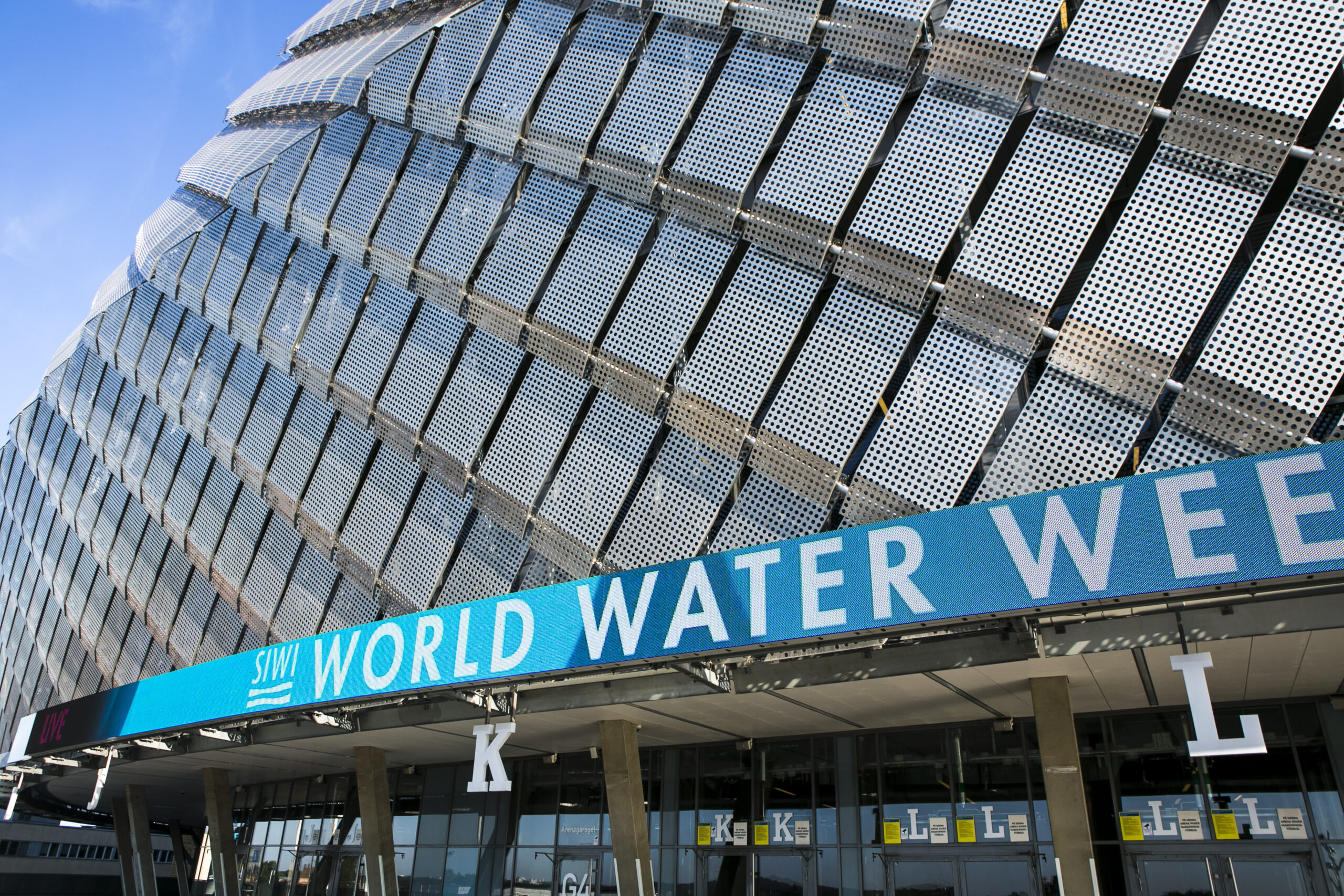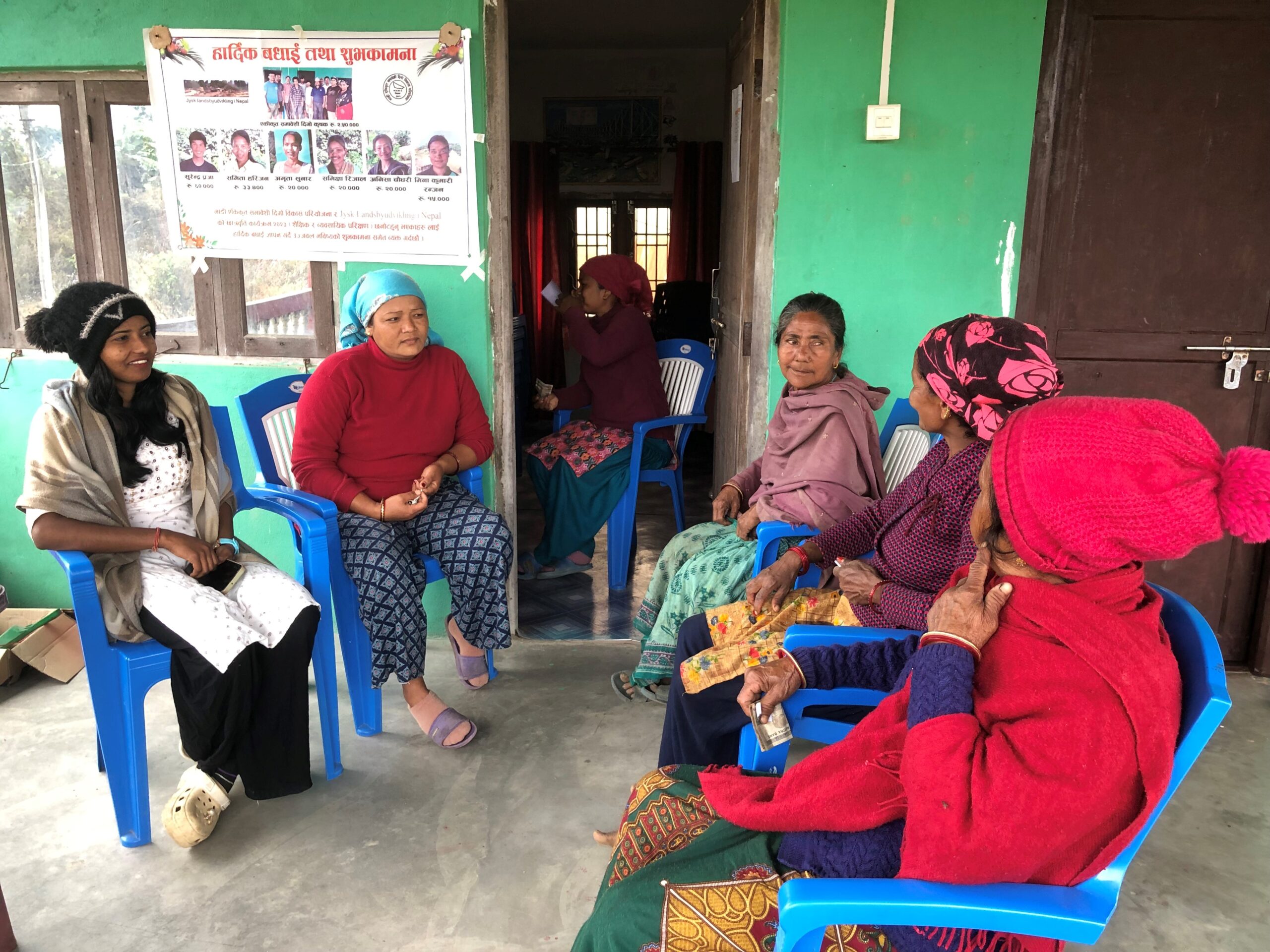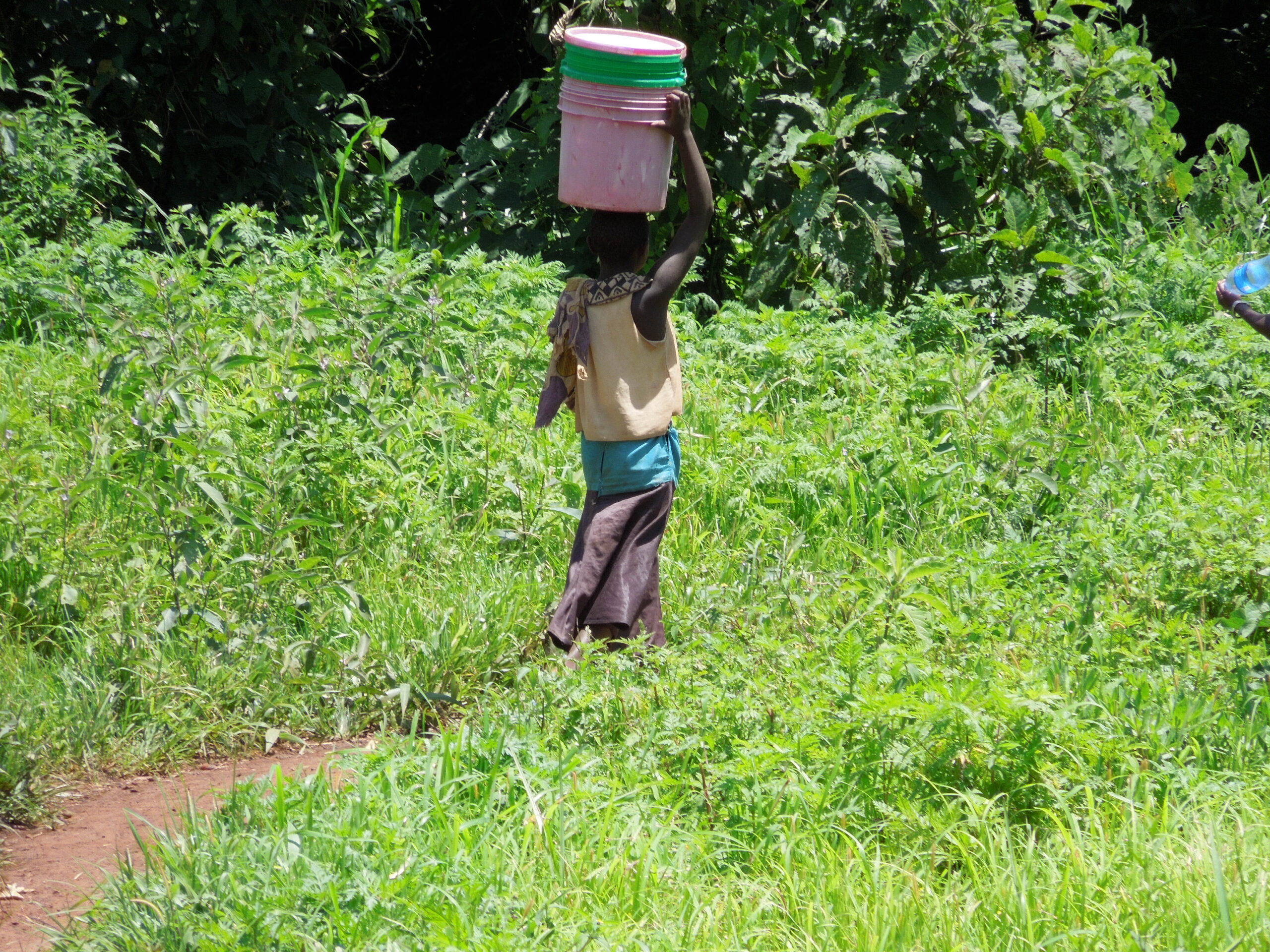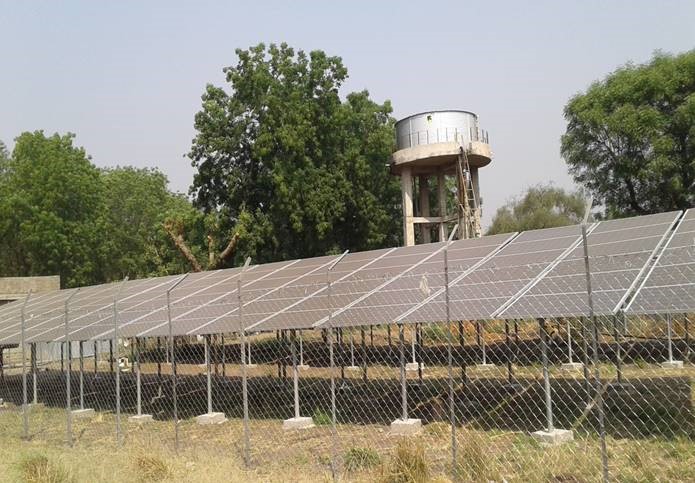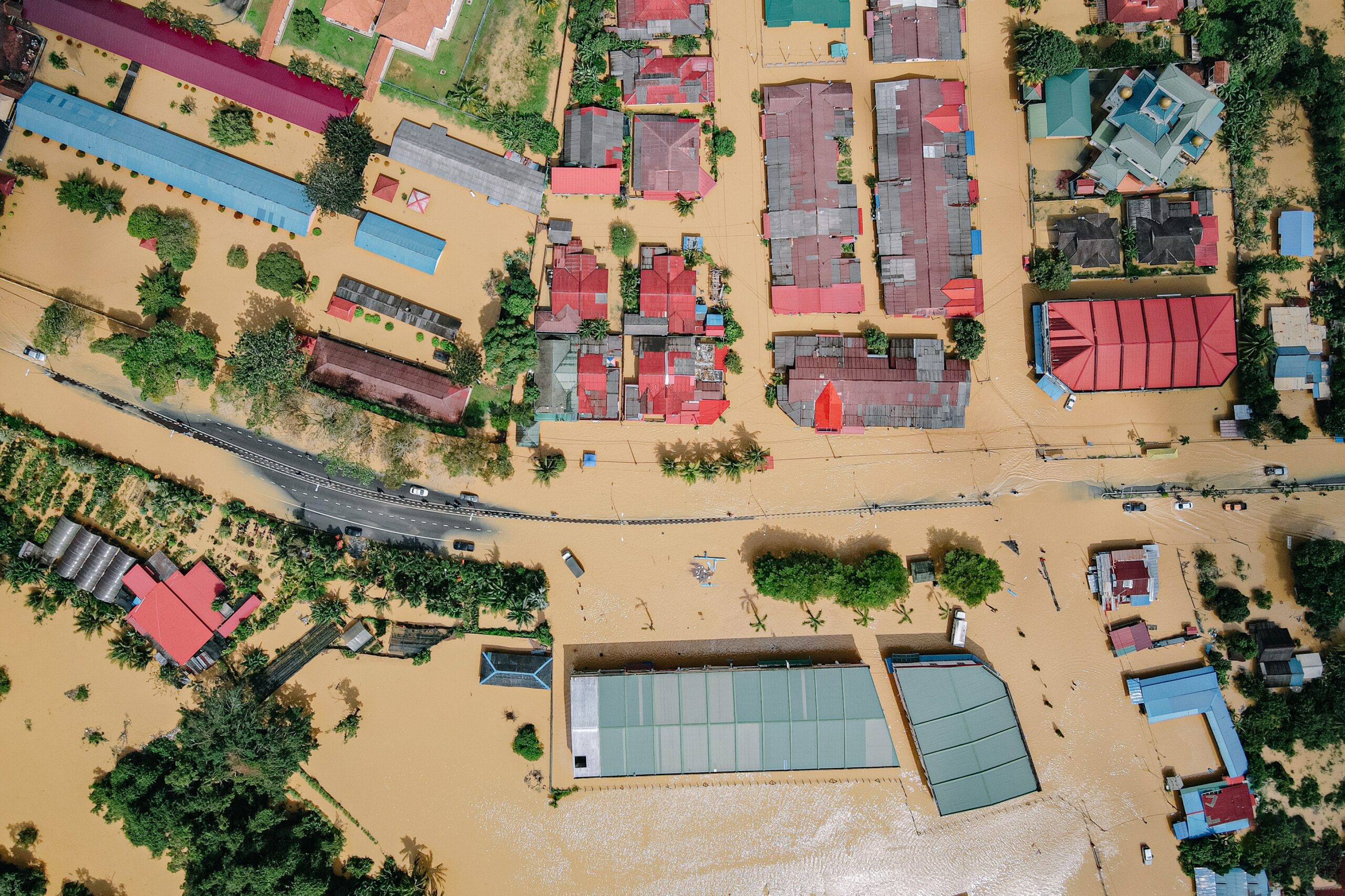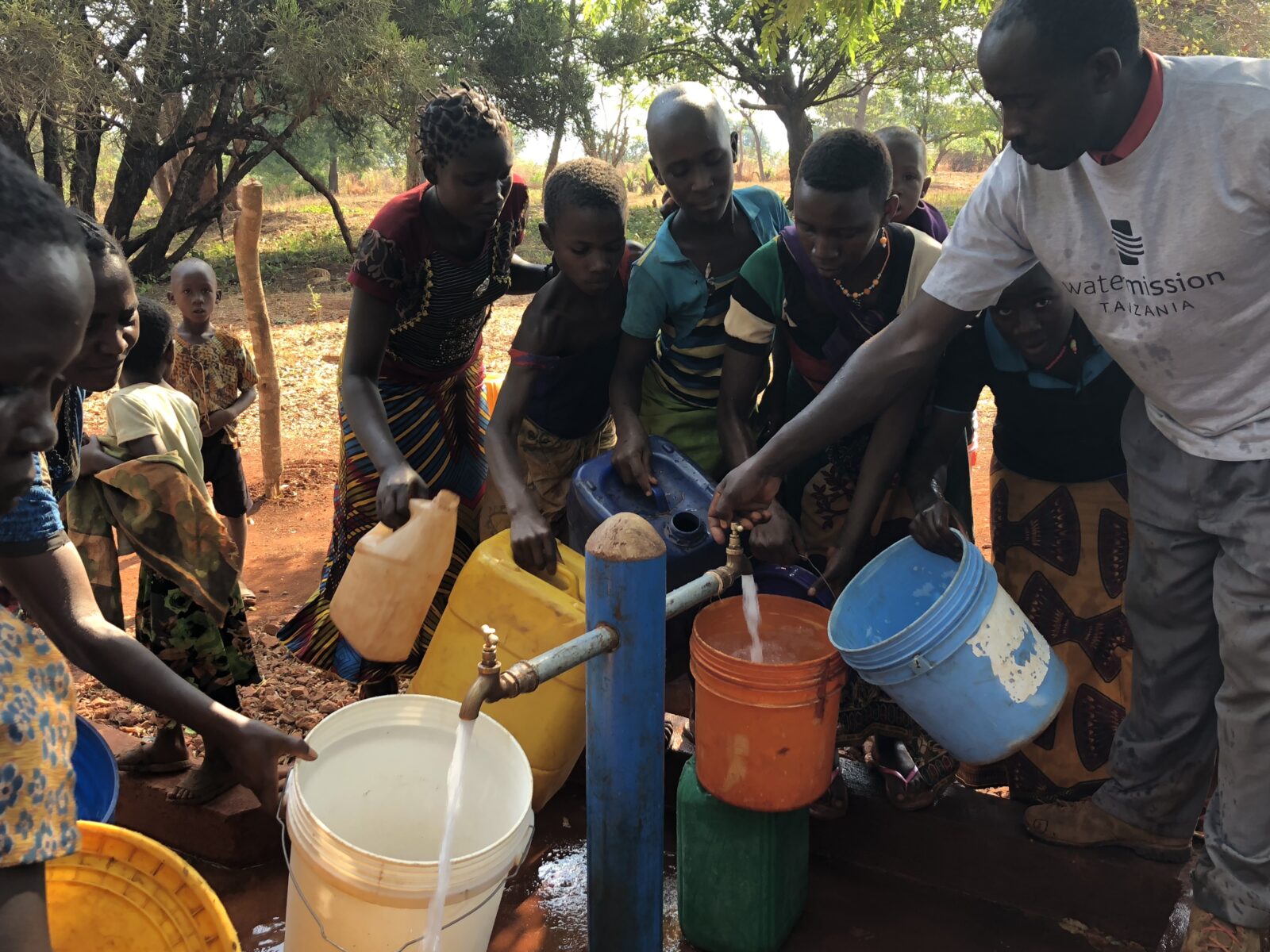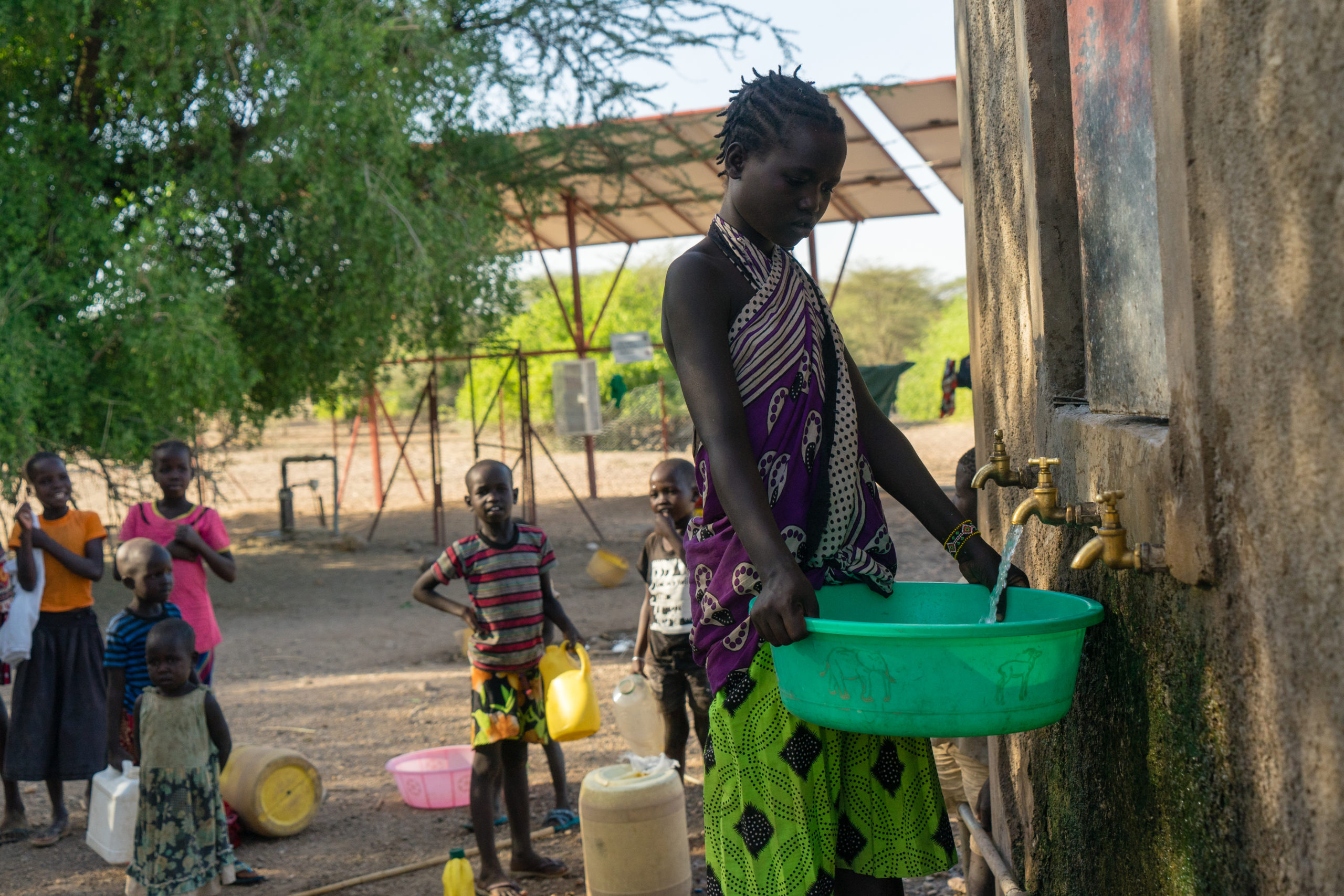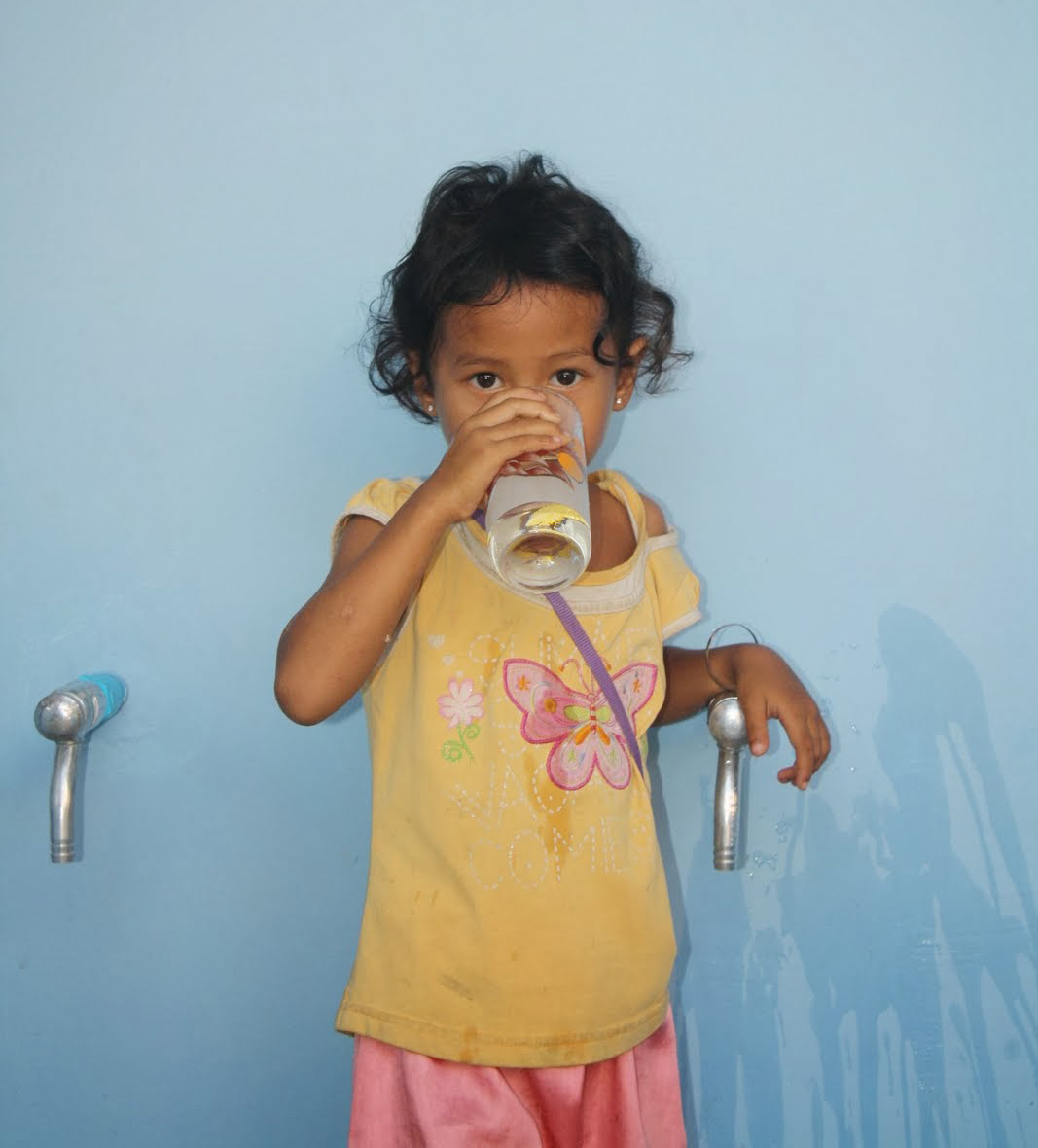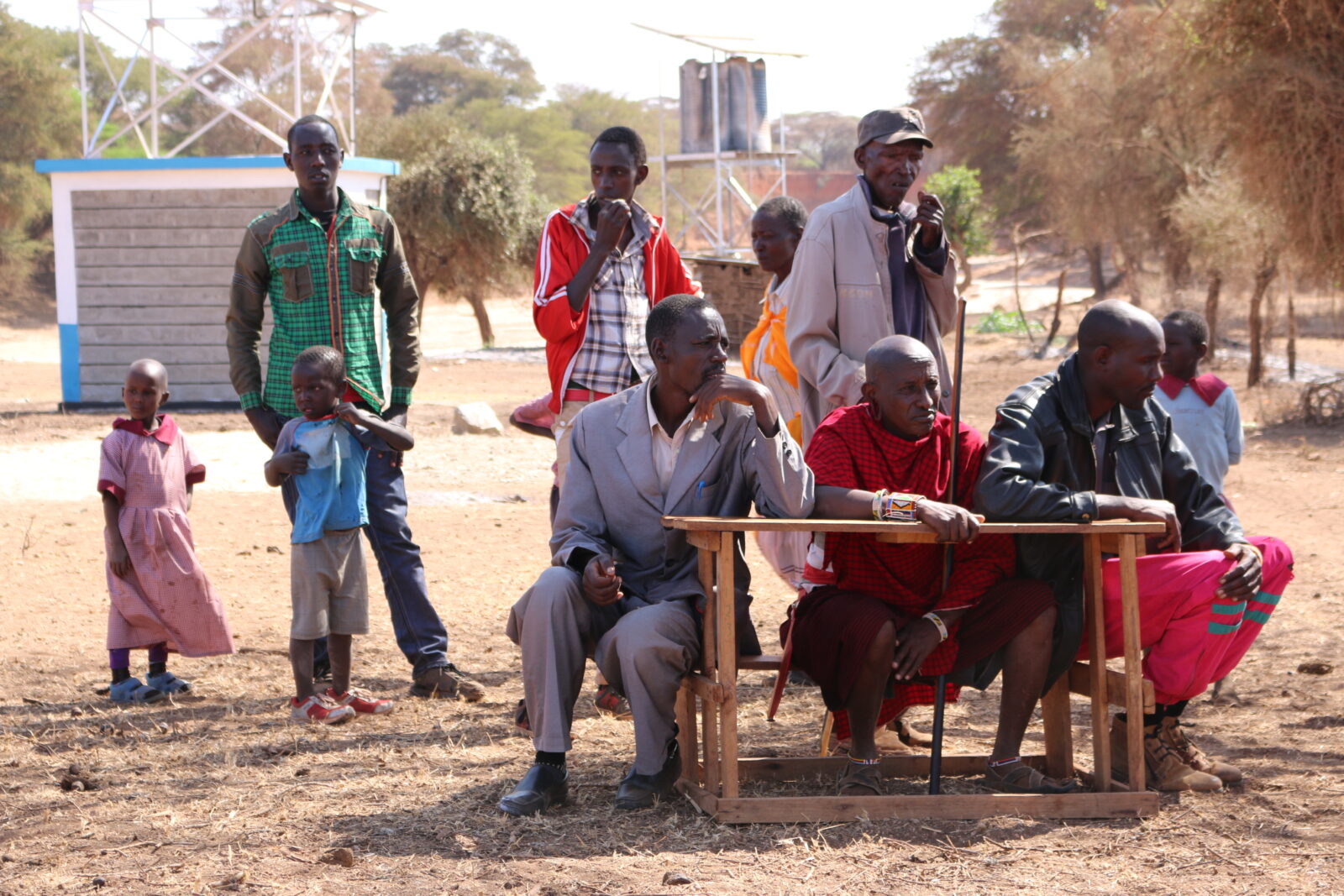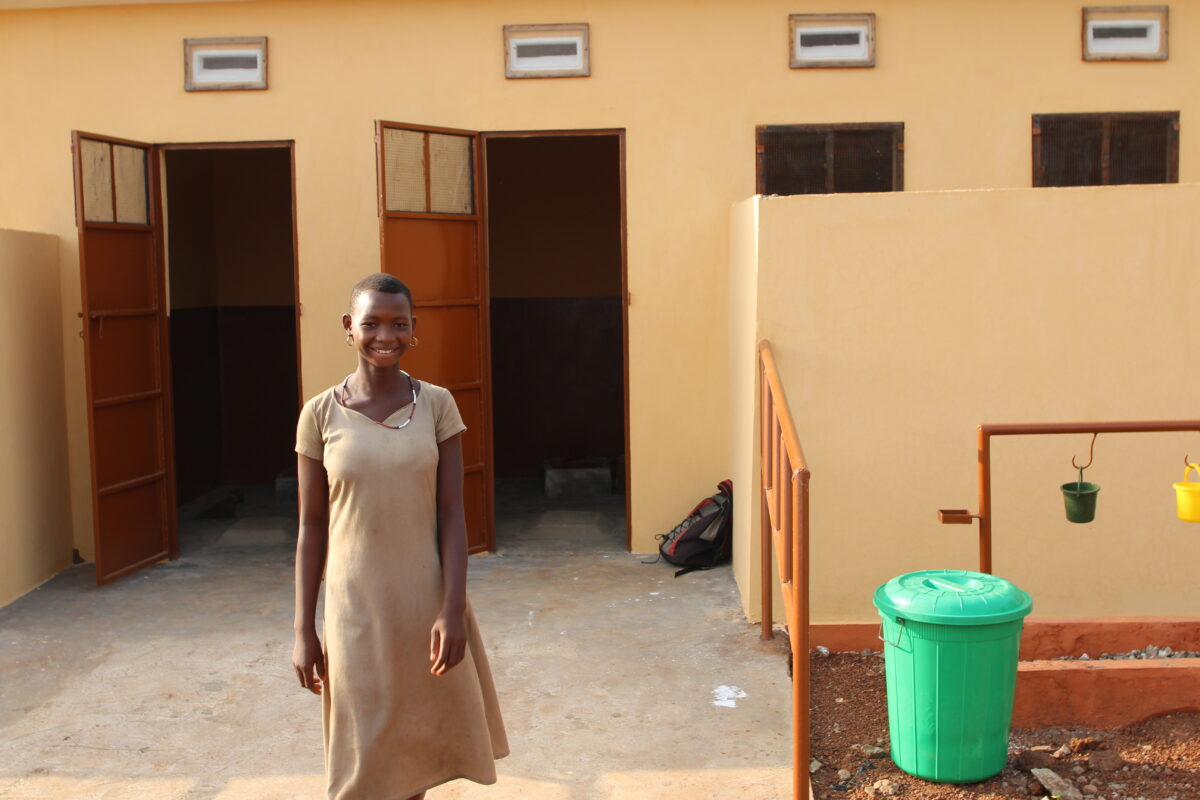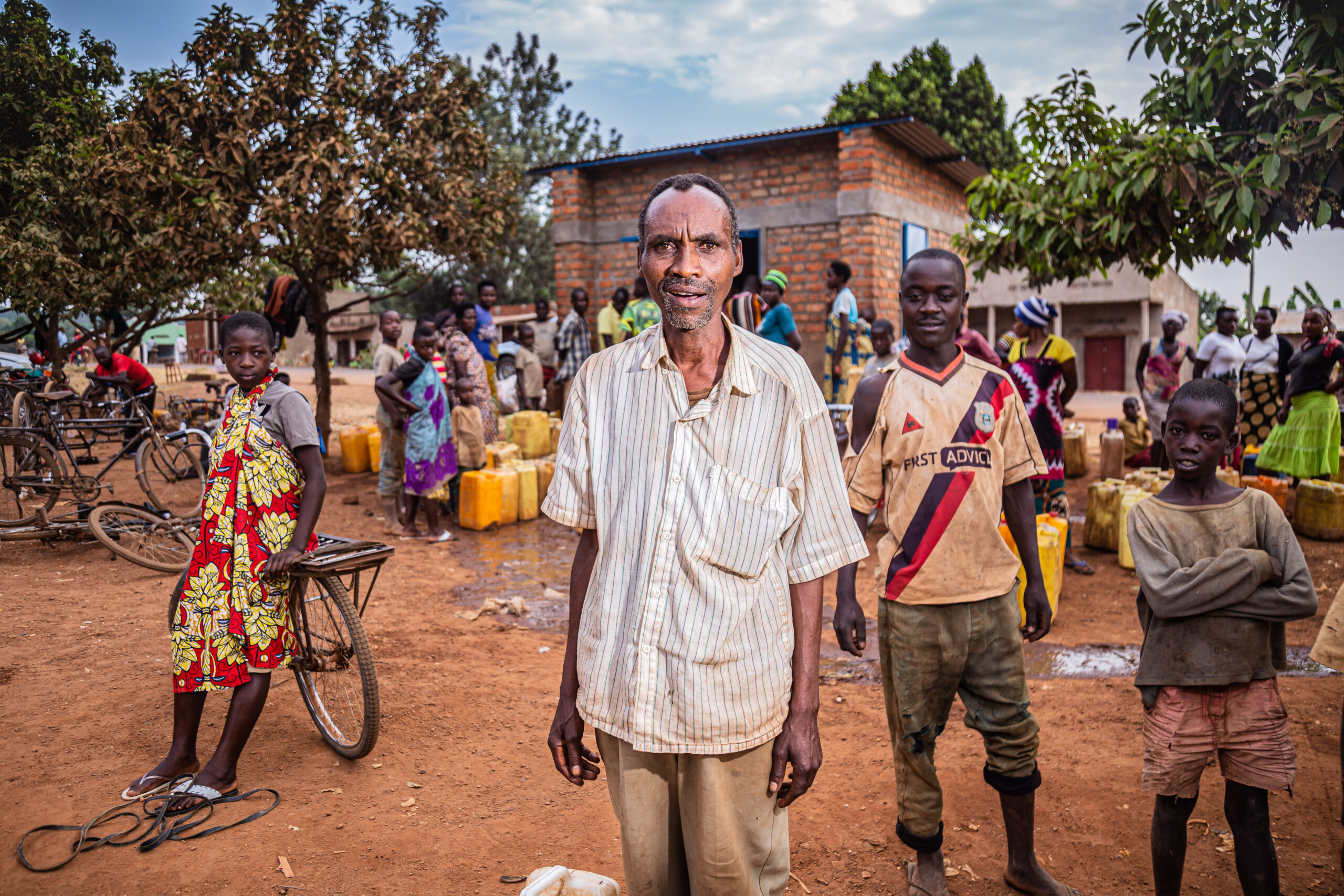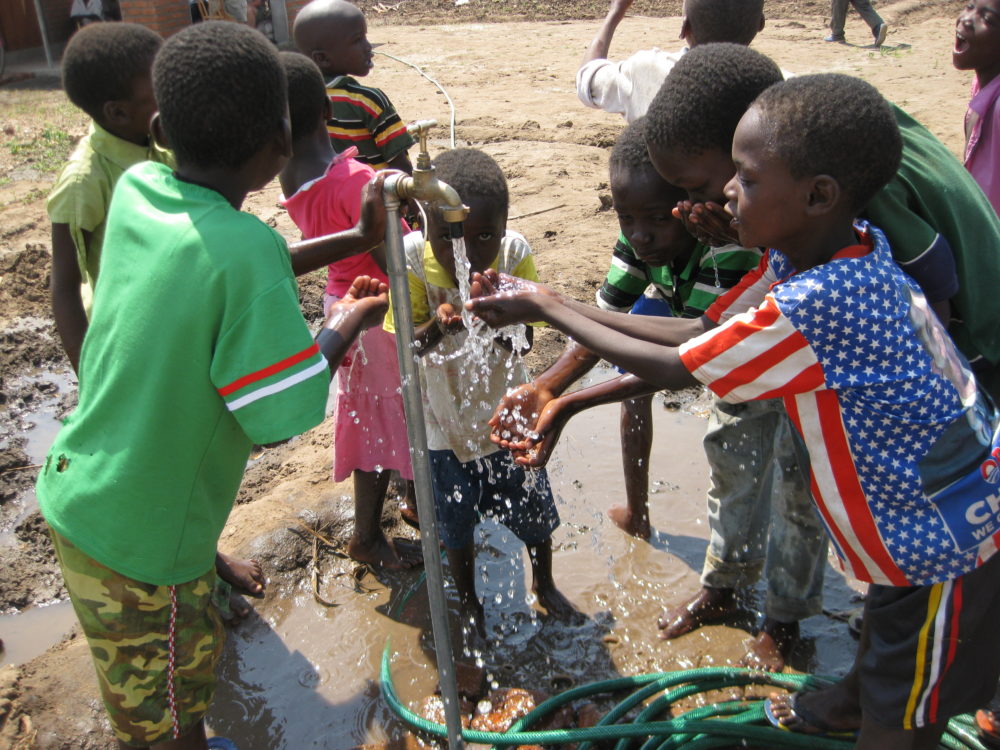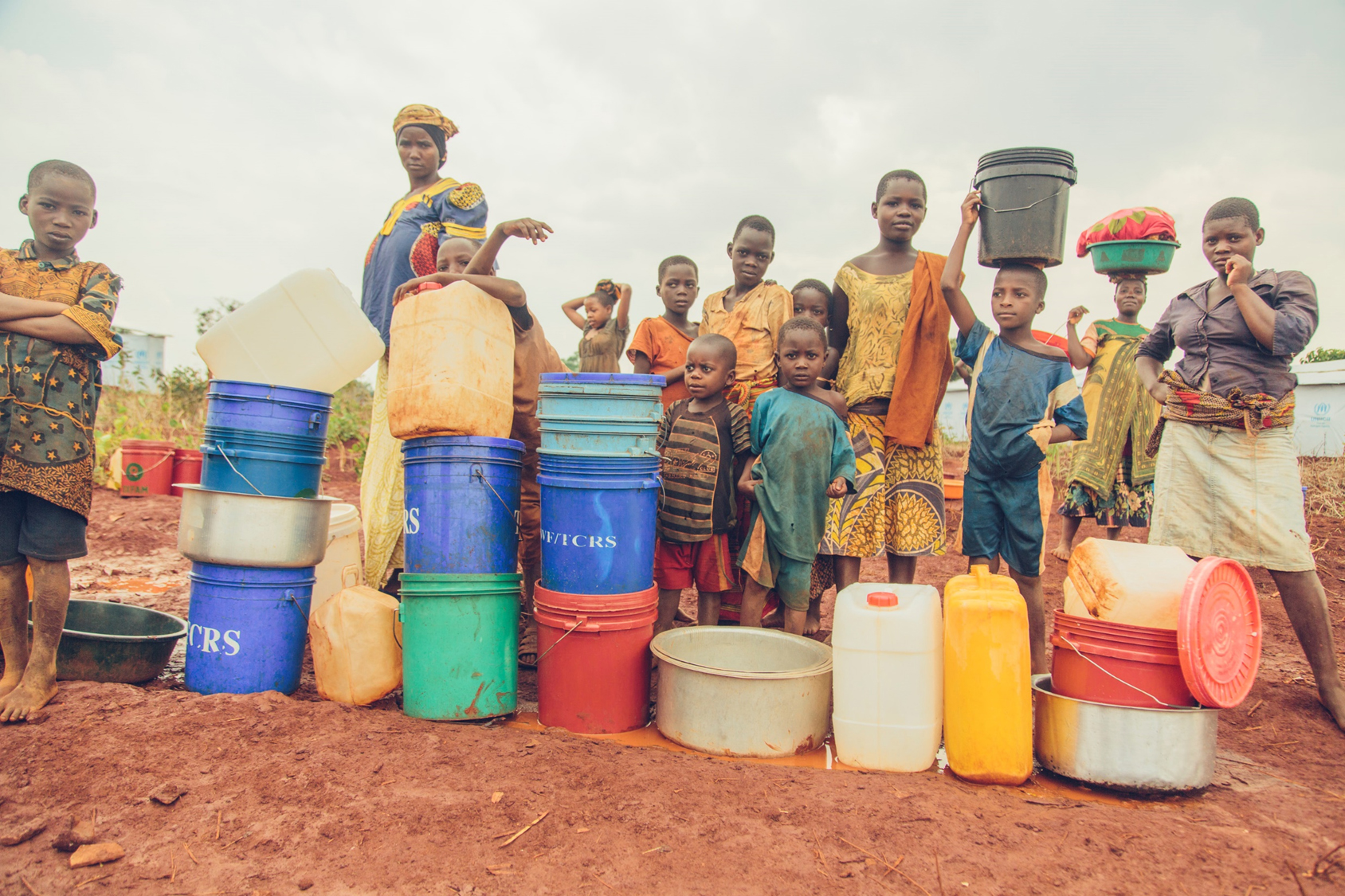Far from the mighty peaks of the Himalayas, the residents of Pidari Village and Fatuha Maheshpur live in the Terai lowlands of Nepal, in two nearby districts not far from the border with India. Every day, the water they gather via hand pumps and shallow wells for their drinking, cooking, and washing contains dangerous levels of arsenic, posing a serious threat to their own health and particularly that of their children.
With no other options, already poor households are often forced to spend 15% of their limited annual income treating arsenic-related illnesses. Long-term exposure to arsenic at these levels can cause cancer, heart disease, and lung disease, among other life-threatening conditions; it has been particularly linked to increased child and infant mortality.
Yet for these villagers there is no other option, and unfortunately their situation is not uncommon. In Nepal, 41.1% of the rural population still depend on temporary sources of water like springs and private tube wells, and 20% have no reliable access to water facilities at all. This is not simply because communities lack the available technology to access safe water deep within the ground, but a result of the poor management and maintenance of water systems in the long-term.
Lasting change
Together, Oxfam GB and the Poul Due Jensen Foundation are working to change that. We are installing two new water systems that over the next 20 years will provide 17,454 people with safe water. In the immediate term, 9, 657 people from the villages will receive safe water at their households, alongside two schools and health posts.
- The project will increase safe water coverage in Nepal and will contribute to the goal of nationally achieving SDG 6.1.
- It will also support Nepal’s National Sanitation Master Plan which calls for improvement in access to safer water in rural communities.
However the long-term benefits of safe water access – healthier communities, productive children in school – can only be realised if the water keeps flowing for years to come, for even the poorest households. Oxfam believes that no one should be too poor to drink safe water; inclusion and sustainability are at the core of its work towards achieving SDG 6, “Ensuring availability and sustainable management of water and sanitation for all”. This also means balancing financial viability of water systems with inclusion of the poorest and most marginalised people.
Financially viable, sustainable systems
Covering the ongoing operation and maintenance costs of the water systems is key for ensuring they can continue to pump water in the long-term. Solar-powered pumping systems are a more sustainable technology that will ensure lower electricity costs over time to keep water flowing. However, even solar-powered systems require funds for maintenance and repair.
Oxfam is exploring how a financially viable management model could work to ensure sustained safe water access for communities long after project’s end. Find out more


